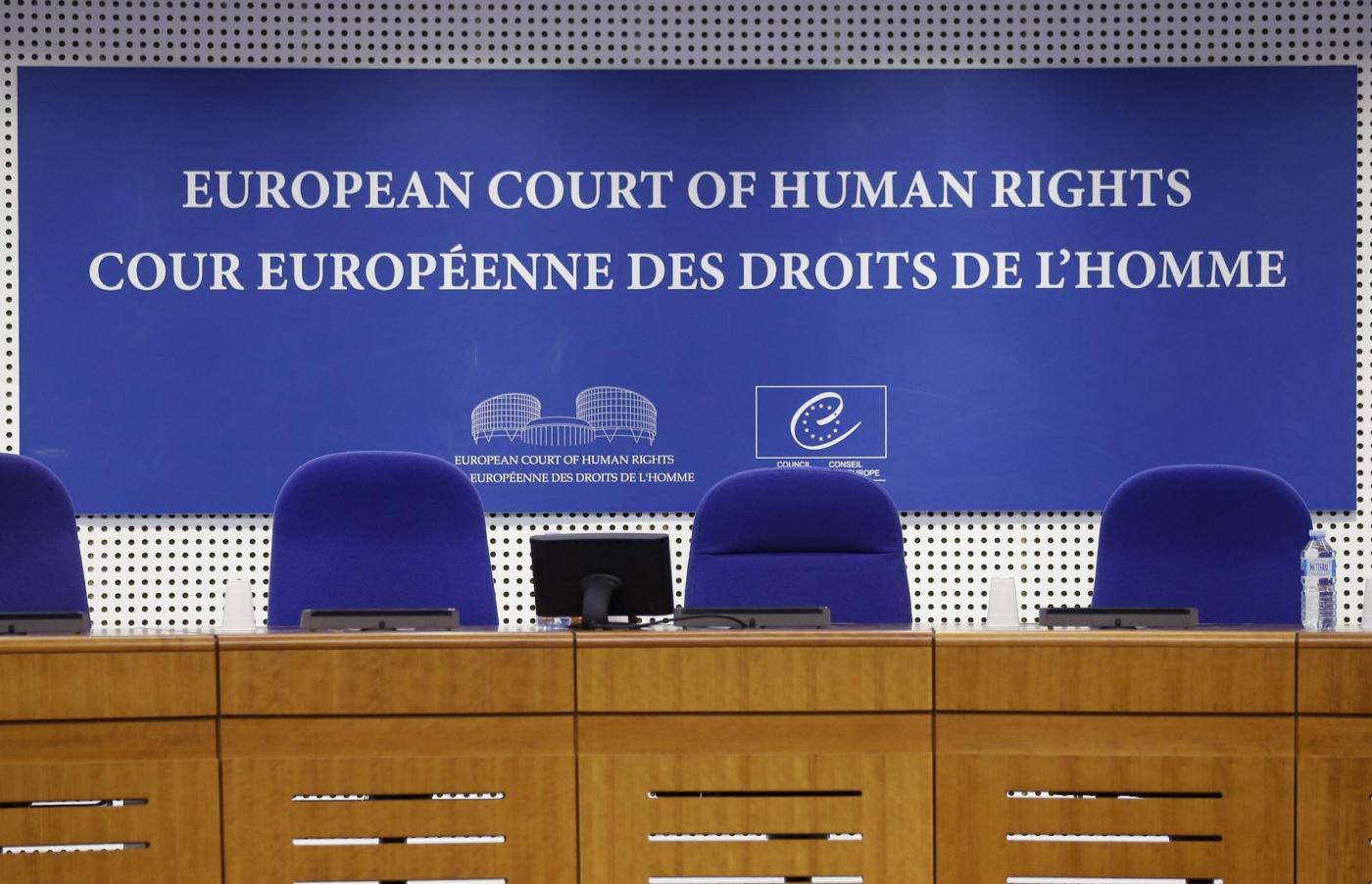On 2 June 2022, the ECtHR ruled in favour of an Iraqi family who had been confined in the Tompa transit zone at the border between Hungary and Serbia after fleeing Iraq. The applicants claimed a breach of Article 3 and Article 5 (1) and 5 (4) of the Convention, based on the conditions and unlawfulness of their confinement in the transit zone. The Chamber upheld that there was a violation of these articles and awarded the applicant family compensation for non-pecuniary damage.
The family of six fled from Iraq after the father had allegedly been a victim of torture by the national security services. When they arrived in Hungary, they were detained for four months in the transit zone and placed in a container from which they could not leave except for medical reasons. The mother had a high-risk pregnancy, which resulted in several visits to the hospital. In one of these visits, the husband accompanied her and was handcuffed and leashed in full view of their children. He remained in handcuffs throughout the hospital visit while acting as an interpreter for his wife.
Regarding Article 3, the Court held that all the applicants faced inhuman or degrading treatment, but considered different reasons in each case. In the case of the mother, the medical attention received was considered adequate; however, the high levels of anxiety and psychological suffering she was exposed to at the end of the high-risk pregnancy alongside her vulnerability amounted to the severity threshold required for Article 3. For the children, the Court found that the conditions of the transit zone in which they stayed for four months were not adequate. Finally, regarding the circumstance of the father, the general conditions for the confinement were not found to violate the Convention; nevertheless, the use of handcuffs and leash to restrain him on the way and in the hospital was found to not be justified as it was not connected to a lawful arrest or detention.
Concerning Article 5, the Court found that the applicants’ detention could not be considered lawful for the purposes of the Convention and that they did not have any remedies at their disposal to review the lawfulness of the detention. On these grounds, the Court also found a violation of Article 5 (1) and (4) of the Convention.

